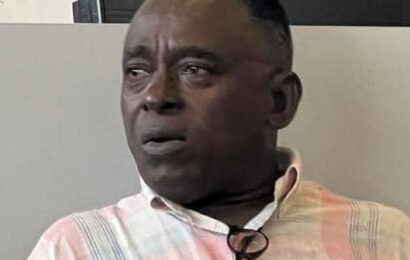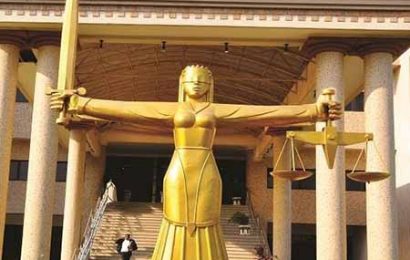
The Economic and Financial Crimes Commission (EFCC) has arrested a former Chief Financial Officer (CFO) of the Nigerian National Petroleum Company Limited (NNPCL), Umar Isa, over an alleged $7.2 billion fraud linked with the rehabilitation of the Kaduna, Warri and Port Harcourt refineries.
Also in the custody of the EFCC is Jimoh Olasunkanmi, a former Managing Director of Warri Refinery.
Isa, as CFO, was in charge of the release of funds for the turnaround maintenance of the three refineries. Isa and all the key officials involved in the maintenance of the refineries and other NNPCL key projects are being investigated for alleged abuse of office, corruption, diversion of funds and kickbacks from contractors.
Other officials involved are the Managing Director of the Warri Refinery, Tunde Bakare; a former Managing Director of the Port Harcourt Refinery, Ahmed Dikko; and a former Managing Director of the Port Harcourt Refinery, Ibrahim Onoja.
EFCC’s spokesperson, Dele Oyewale, could not be reached for his comments.
Last week, the Senate Committee on Public Accounts, chaired by Aliyu Wadada, raised the alarm over discrepancies involving trillions of naira in the audited financial statements of the NNPCL, describing the revelations as mind-boggling and worrisome.
The committee underscored that the concerns stem directly from the analysis of NNPCL’s audited financial statements from 2017 to 2023. The committee immediately handed over a list of 11 queries to NNPCL finance team and gave them one week to return with answers.
Having given the NNPCL about two years to ramp up performance, President Bola Tinubu sacked all the Board members of the company on April 2, 2025.
Presidential spokesman Bayo Onanuga was unequivocal with the reasons for the restructuring, which he said was “crucial for enhancing operational efficiency, restoring investor confidence, boosting local content, driving economic growth, and advancing gas commercialisation and diversification”.
Though some commentators described the restructuring as long overdue, others felt it was better late than never. Channels.






